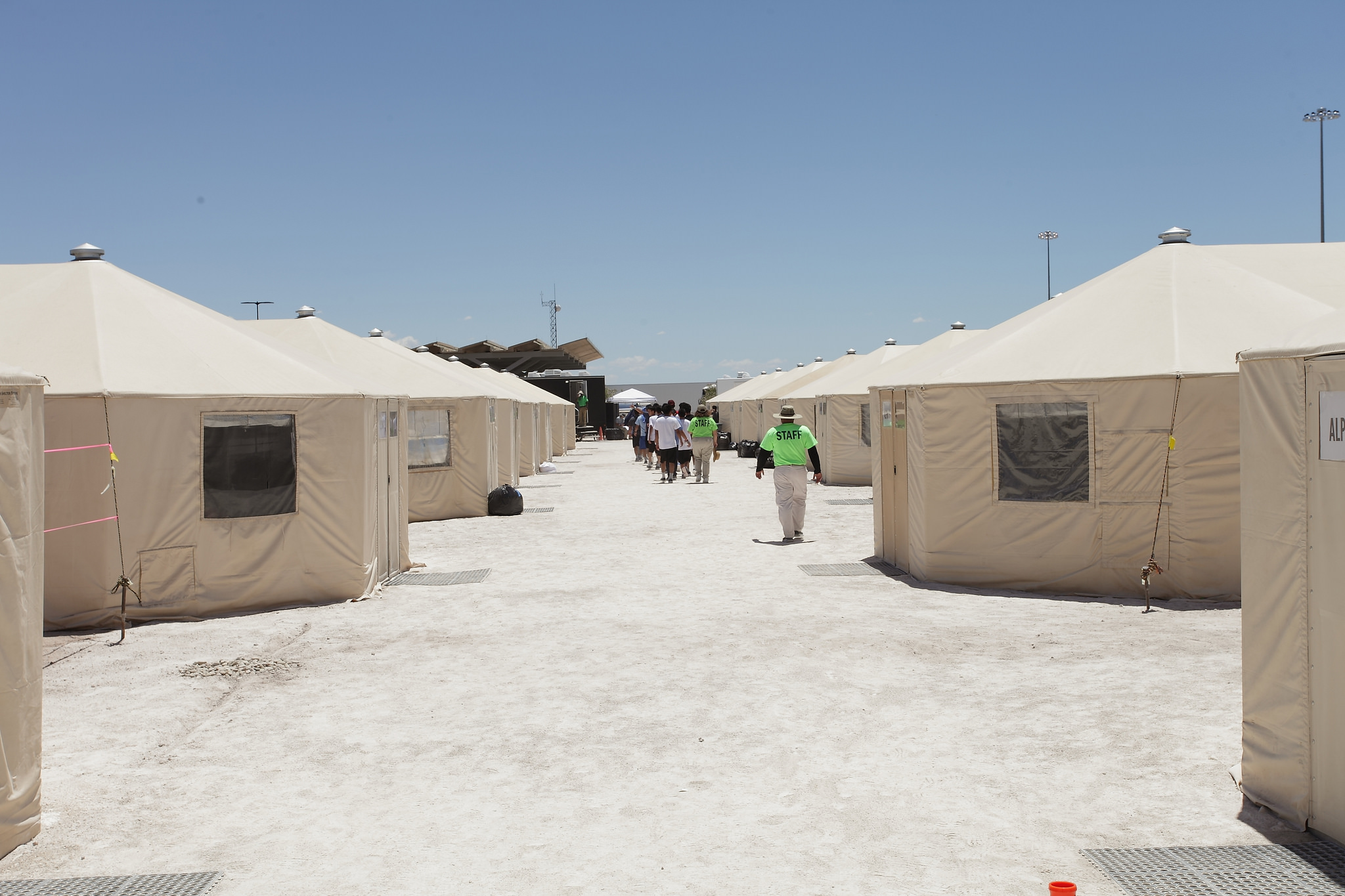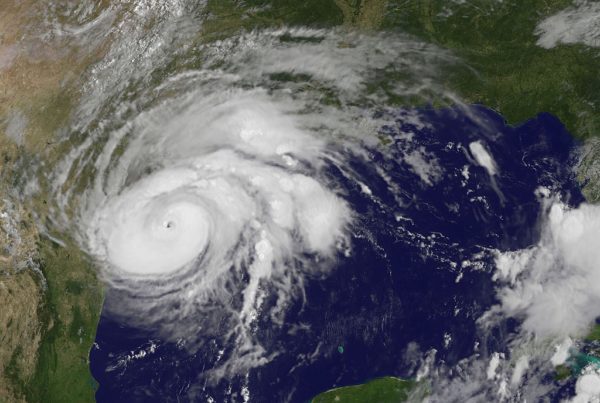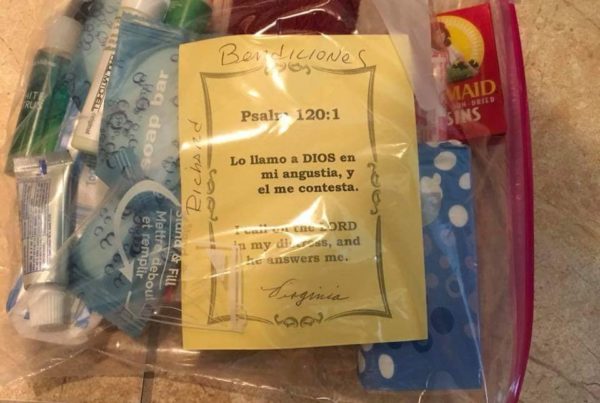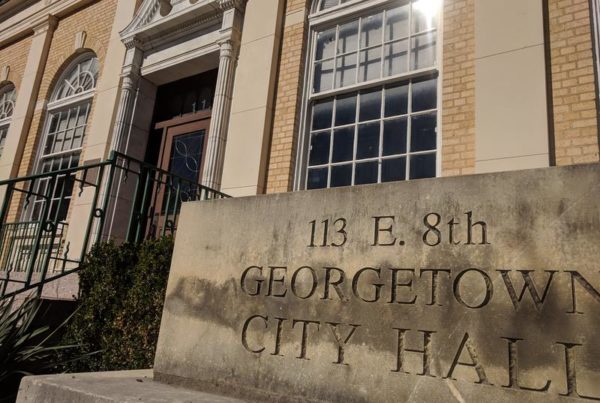The Standard’s news roundup gives you a quick hit of interesting, sometimes irreverent, and breaking news stories from all over the state.
Several Texas lawmakers are raising concerns about the safety of migrant children detained in the Tornillo tent city in West Texas.
An Associated Press investigation released this week revealed the Trump administration waived rigorous FBI fingerprint background checks for the 2,100 staff working at the shelter.
In the wake of that finding, Republican congressman Will Hurd released a statement calling the problems in Tornillo “shameful.” He represents the state’s 23rd congressional district which stretches from San Antonio to West Texas. Hurd also added, ““detaining kids in Tornillo is the most expensive and least effective policy approach that fails to address root causes of migration flows or make anyone safer.”
Democratic State Rep. Mary Gonzalez represents the Texas House district where the temporary shelter is located. She notes families of these immigrant youth have to undergo lengthy fingerprint background checks to be reunited with them.
“But we are allowing [the children] to stay with individuals who are strangers who don’t have to go through the same screening that their own families have to go through, so the whole situation is completely ironic,” Gonzalez says.
Gonzalez says she’s been worried about the lack of transparency at this site since it was first established in June, 2018. (That’s an issue she also discussed with the podcast, Reveal.)
“So we heard when it was initially established it was only for 300 kids, for 30 days,” Gonzalez says. “Now we’re at over 2,000 kids indefinitely. So for me, what’s really important is that when you keep changing the game, it’s really hard to maintain transparency and accountability.”
Gonzalez, and fellow Democratic state lawmakers plan to fight for more oversight of these kinds of facilities when the Texas legislative session begins in January.
“So first we want to strengthen the already oversight we have with state facilities. That’s the first step,” Gonzalez says. “The second step is clarifying state law that says even if you’re on federal land, you’re still mandated to be a state licensed facility.”
Because the Tornillo facility is on federal land, it’s not currently subject to state inspections. But Gonzalez adds there are over 5,000 other migrant kids detained in state-licensed facilities in Texas.
“When this issue initially arose, there were hundreds of thousands of people who were outraged and who were rallying and writing their congressmen and congresswomen to change this scenario and I want the public to be reengaged in this conversation because there are still thousands of kids who are separated from their families in our own state,” Gonzalez says.
The current contract for the Tornillo shelter runs through the end of December.
A new study finds the percentage of Texas children without health insurance is on the rise, after steadily declining for a decade.
The Center for Children and Families at Georgetown University reports the uninsured rate for Texas kids climbed from 9.8 to 10.7 percent between 2016 and 2017.
Texas now has the largest share of children without health coverage in the country, accounting for one-fifth of uninsured children in the country.
Texas is backsliding. From 2016 to 2017, roughly 83,000 fewer children were insured in the state. According to a new study from @georgetownccf, this is part of a national trend. However, no state has a uninsured rate among children as bad as Texas. https://t.co/i1fCG4VT4x
— Ashley Lopez (@AshLopezRadio) November 29, 2018
Joan Alker is one of the study’s authors. She says there’s also a growing number of undocumented parents forgoing care for their citizen children because of the fear of deportation.
“For these mixed status families there is likely a heightened fear of interacting with the government and this may be deterring them from signing up their eligible children up for government sponsored health care,” Alker says.
KUT News reports the percentage of children receiving employer-sponsored insurance through their parents increased between 2016 and 2017. However, there was a drop in the number of children getting insurance through government-sponsored plans.
The Texas General Land Office and the Federal Emergency Management Agency say a program housing nearly 16,000 families who lost homes in Hurricane Harvey has been extended for six months. The program provides trailers in in Southeast Texas for families still working to rebuild. It was originally set to expire in February, 18 months after the date of the disaster.















